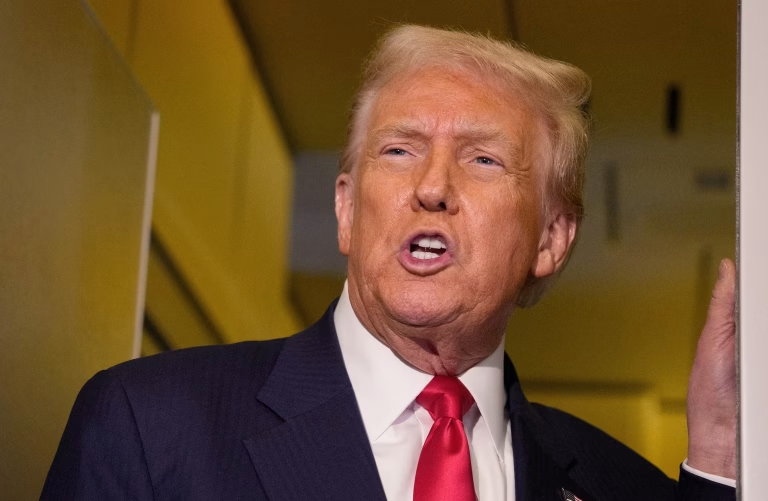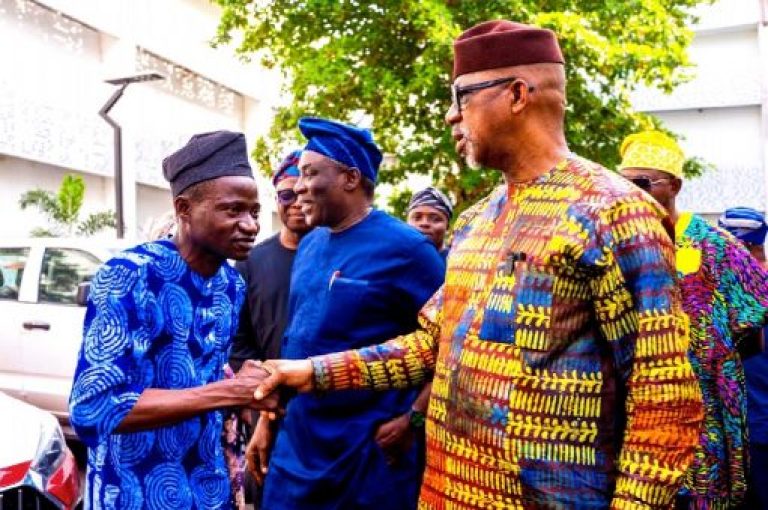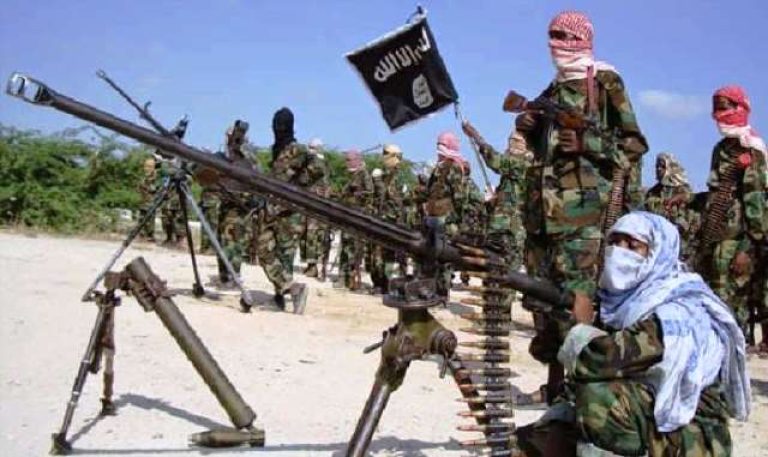
Over the past two years, thousands of Nigerians have been killed in various circumstances as insecurity turns to be the Achilles Heel of the President Muhammadu Buhari administration.
The government had campaigned on this premise and achieved resounding success at the beginning of his first term, ‘decimating’ insurgents in the northern region of the country and instilling sanity in the South. But the successes of the administration were overshadowed by pockets of mass killings in the country. These killings persist despite government’s tough statements and stance, as well as the successes of the Nigerian military’s war against terror.
These killings garner wide reactions within and outside the country but tend to fizzle out after some time. In some cases, as the country is yet to come to terms with the killings, another attack occurs, shifting the beam light.
There were several attacks with more than 20 dead Nigerians in a day. The Nigeria Security Tracker (NST), a project of the Council of Foreign Relations’ (CFR) Africa Programme that documents and maps violence in Nigeria showed that 104 cases of mass killings, with at least 20 causalities, occurred between January 2020 and July 25, 2022. Three thousand, eight hundred and ninety-five (3,895) people were killed in the 104 cases. There are hundreds of killings unreported in the country, with fewer number of the casualties.
The data, edited by CFR’s Ralph Bunche, are based on weekly surveys of Nigerian and international media, though the group acknowledged that relying on press reports of violence presents methodological limitations.
“There is a dearth of accurate reporting across certain regions, death tolls are imprecise, and accounts of incidents vary. There is the potential for political manipulation of media,” Bunche said, adding that the data is indicative rather than definitive.
In May 2020, the Sokoto State governor, Aminu Tambuwal, had vowed to deal with bandits after 74 people were killed during an attack on Garki, Dan Aduwa Kuzari and Katuma communities in the state. The attack came two days after the governor and top security chiefs in the state engaged traditional rulers and other stakeholders in the area.
While the government promised “to leave no stone unturned in ensuring that the perpetrators of the dastardly act were brought to book,” the state went on to witness other attacks, leaving some residents at the mercy of bandits. Also, in 2020, 81 people were killed in an attack in Felo village, Gubio district of Borno State. Suspected Boko Haram insurgents who were responsible for the attack had also in February 2020 killed more than 30 travellers at a roadblock in Auno town.
Also, in March 2020, bandits killed 51 residents in Kaduna, while 48 persons were killed in Adamawa communal clash in May 2020.
Year 2020 ended with Zabarmari killings. More than 110 farmers were killed by Boko Haram insurgents in November. They were rice farmers. After the killings, President Muhammadu Buhari dispatched a high level delegation to the state and described the massacre as the worst form of senseless, barbaric and gruesome murder.’
“As we mourn the loss of our son on Zabarmari, the armed forces have been given the marching order to take the fight to the insurgents, not on one-off, but on a continuous basis until we root out the terrorists,” the president ordered in a statement released by his senior special assistant on media and publicity, Garba Shehu.
In January 2021, the death toll in the Effium communal clash in Ohaukwu Government Area in Ebonyi State rose to 40. Twenty-five people were later killed the next month in the same communities.
Sixty people were killed by bandits in Zamfara in April 2021; 27 people were earlier killed in February 201 in Niger communities, while over 100 people were killed in Benue as militia gangs sacked four council wards in Katsina-Ala Local Government Area in May, 2021. An attack by gunmen in Odoke, Ndiobasi, Obakotara in Ebonyi State left a death toll of 52.
But within the first half of 2021, one of the two killings that shook the country was the Igangan attack in which more than 20 people were killed in Ibarapa North, Oyo State. The killing got wide condemnation due to the tension brewing in the southern region for secession and manner of the attack, which occurred midnight.
The perceived silence of the president hours after the killing irked the Yoruba Council of Elders and the Ilana Omo Oodua socio cultural groups. The Guardian in its editorial on June 16, 2021 read in part, “There can be no faster route to disintegration than the ominous silence of the federal government to incessant herders-farmers killings in parts of the South and Middle Belt.”
The aftermath of the killing of 93 people in Zamfara by bandits led to the suspension of the Emir of Zurmi, Alhaji Abubakar Muhammad, while the state government called for self-defence.
Zamfara State was in the news again in 2022 with over 200 people killed in a reprisal attacks by bandits after military airstrikes. The killings came few days after 30 people were killed in Anka Local Government Area in the state.
President Muhammadu Buhari, in a statement by Mallam Garba Shehu, described the attack as an act of desperation by mass murderers.
“These criminals will be history because we are not going to relent in our current military operations to get rid of these thugs who have been terrorising innocent people,” he stated.
The year started on a bad note for the country as over 200 people were killed by bandits in Zamfara State.
In April 2022, over 150 people were killed in Kanan and Wase communities in Plateau State. Buhari, also in a statement issued by Garba Shehu, described the killings as heinous, adding that the perpetrators should not be allowed to escape justice.
“They should not be spared or forgiven,” he stated. Also, on May 6, 2022, bandits attacked some Zamfara villages, including Kalache, killing no fewer than 48 residents.
The country was also thrown into mourning when gunmen attacked St Francis Catholic Church, Owo, Ondo State. The state government said 40 people were killed and 127 others injured.
The attack was debated at the United Kingdom’s parliament as it was considered a matter of urgent international importance, while the secretary-general of the United Nations, Antonio Geterres, called on the Nigerian government to bring the culprits to book.
A federal government delegation led by Vice President Yemi Osinbajo visited the state. Despite the global condemnation, killings persist in the country. Many state actors have also been victims. For example, in April 2021, over 20 soldiers were killed in Mainok, Borno State. A fighter jet had bombed the military base due to wrong coordination. These killings, according to the Statistics Research Department, put Nigeria and the whole of Africa at the risk of genocide.
“As at 2022, Nigeria ranked eighth worldwide. The risk percentage of mass killings stood at 7.1 per cent, about seven times higher than the global average.
“Many different forms of violence and conflicts are ongoing in Nigeria, mainly in the North, due to the rooted presence of Boko Haram. In addition, different armed groups are operating in the country, like those in the Niger Delta and South East.
“Nigeria’s high position in the ranking is determined by criteria that include its large population of over 200million people, high child mortality rate, ongoing battle-related deaths, the country’s history of mass killings and its degree of ethnic fractionalisation,” the report stated. (Daily Trust)






